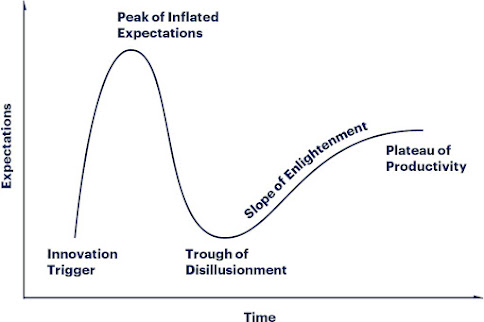News: Water Tech, AgTech and more about our new, redesigned platform
We've been in "building mode" here at Ecoformatics for the last few months and are delighted to announce our new products! First, welcome to our new, redesigned website. We've consolidated all our products and services under a single platform with Teachable to make it easier for our members to access all our content. As a reminder, your existing account for courses and webinars will still work on our new website. Second, our live events will be back starting January! Our events will continue to be primarily virtual, and we're adding a new networking aspect to all our events. We are looking forward to talking about data science, machine learning and sensors in different clean technology sectors with professionals from around the world! And finally, we’re excited to announce our new products - the WaterTech track and the AgTech track . These are our first tracks where we focus on data science in a particular clean tech sector - specifically the water and wastew...

